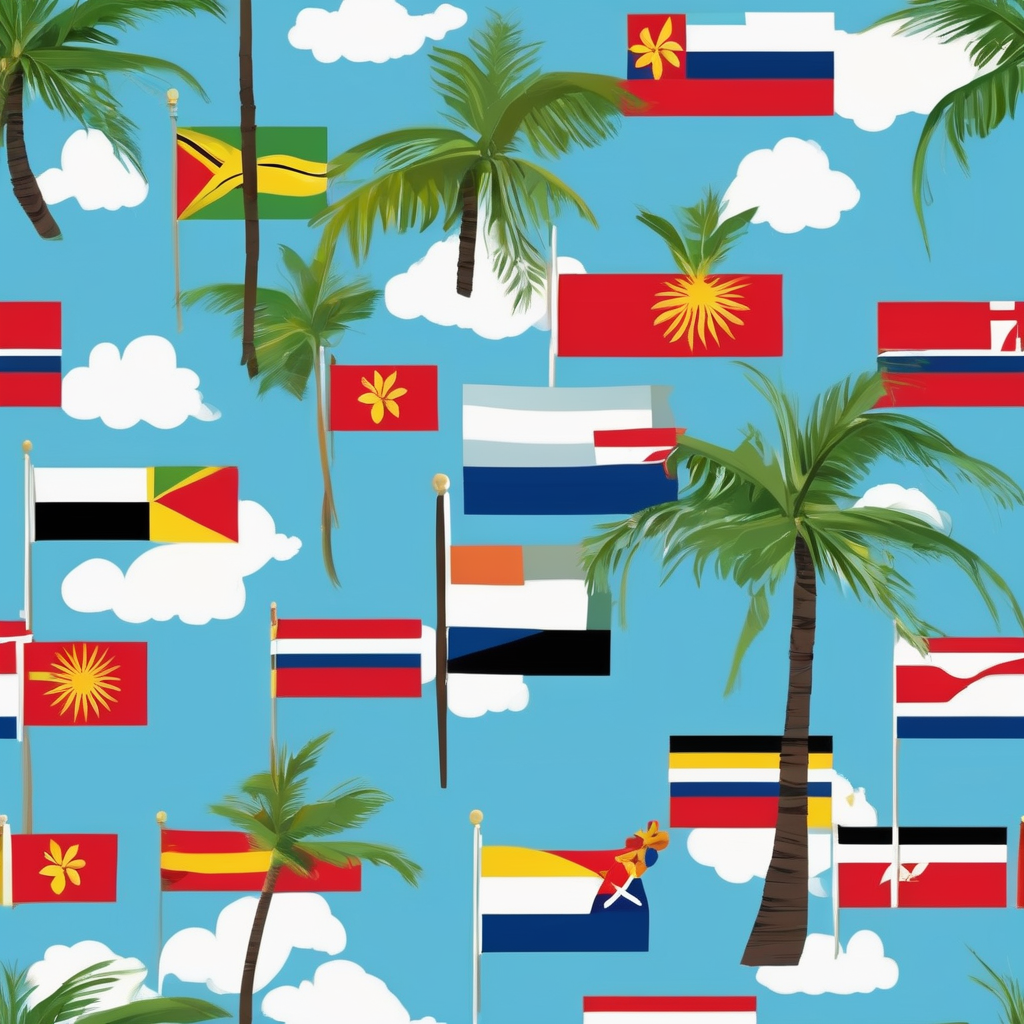Former New Caledonia President Thierry Santa has announced his resignation from the government led by current President Alcide Ponga, who also succeeded him as head of the Rassemblement – Les Républicains, an anti-independence party. Santa, who held multiple ministerial portfolios, expressed his desire to step away from political life and return to civilian work, clarifying that his decision was not due to illness or personal disagreements with Ponga.
During his tenure, Santa played a key role in regional discussions, including his attendance at the Pacific Islands Forum in Tuvalu shortly after taking office in 2019, where he emphasized the importance of regional integration, climate, and biodiversity initiatives. His presidency ended prematurely in February 2021 when his government collapsed amid rising tensions related to independence movements following two referendums on self-determination.
In late 2021, amidst the COVID-19 pandemic, France announced a third referendum on self-determination would be expedited, a decision Santa attributed to shifting geopolitical dynamics, particularly linked to the AUKUS agreement between Australia, the UK, and the US. He noted that the Australian government’s decision to terminate a significant submarine contract with France had altered France’s stance towards its Pacific territories, suggesting a realization of needing to act independently.
Following Santa’s resignation, Naïa Wateou, recognized as an influential figure within the conservative anti-independence faction, has been appointed to take over his roles. This leadership change occurs at a time when New Caledonia’s political landscape is preparing for critical discussions among various factions.
As the region grapples with its future, Tjibaou’s recent election as the president of the Union Calédonienne (UC) signals a pivotal moment. Elected during the UC’s Congress, Tjibaou’s leadership represents hope for forging a more unified dialogue within the pro-independence movement, which is currently facing significant internal divisions. His ascent may pave the way for enhanced political engagement, particularly with the youth, as the region readies for vital negotiations with the French government that aim to culminate in a comprehensive political agreement by March 2025. Such dialogues emphasize shared sovereignty and independence in partnership, as New Caledonia looks toward shaping its future.
The combination of these developments highlights a critical period for New Caledonia. As local leaders reassess their positions and unite varying perspectives toward common goals, there is a burgeoning hope for stability and progress in the region’s governance and political dynamics.
